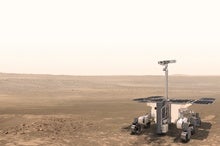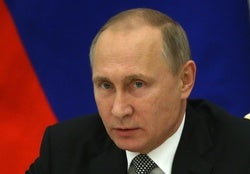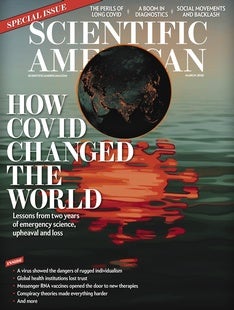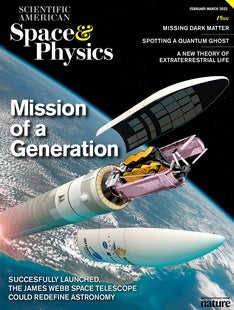 |
| March 08, 2022 |
Dear Reader,
In the first week of Russia's invasion of Ukraine, social media platforms reported that they were taking action against networks of false or stolen accounts, linked to Russia and Belarus, that were deliberately spreading misinformation. This prompt action contrasts with the relative passivity of these tech companies against the same type of Russian disinformation campaigns back in 2016. In this week's lead story, I spoke with misinformation researcher Laura Edelson about what changed, and how an information war is currently playing out alongside the physical one. |
| | Sophie Bushwick, Associate Editor, Technology
| |
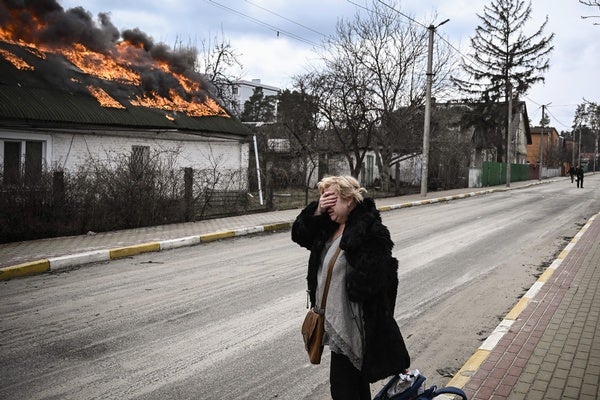 |
| |
| |
| |
| |
| |
| |
| |
| |
FROM THE STORE
 | | Trailblazers: Women in Science Sally Ride, the first American woman to go to space, once said that she didn't set out to be a role model, but after her first flight, she realized that she was one. Like her, the 12 women scientists in this collection became unintentional heroes through perseverance and hard work, making great discoveries in all areas of science. From Vera Rubin's examination of the internal dynamics of galaxies to Nobel Prize winner May-Britt Moser's study of the brain's GPS-like navigating system, read up on the achievements of women who became role models for us all. |  | | |
| |
| |
FROM THE ARCHIVE
 | | | |
LATEST ISSUES
 |
| |
| Questions? Comments?  | |
| Download the Scientific American App |
| |
| |









